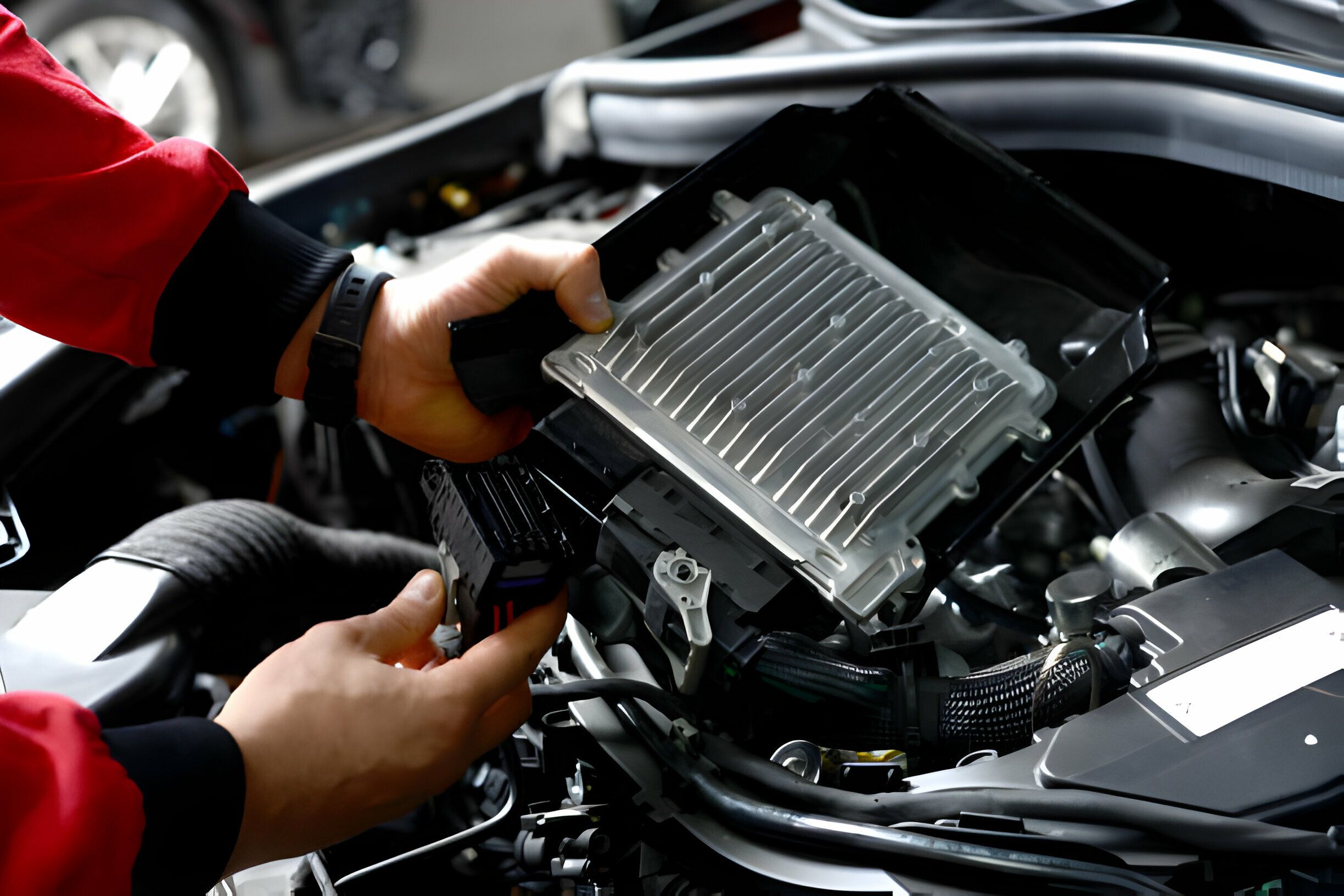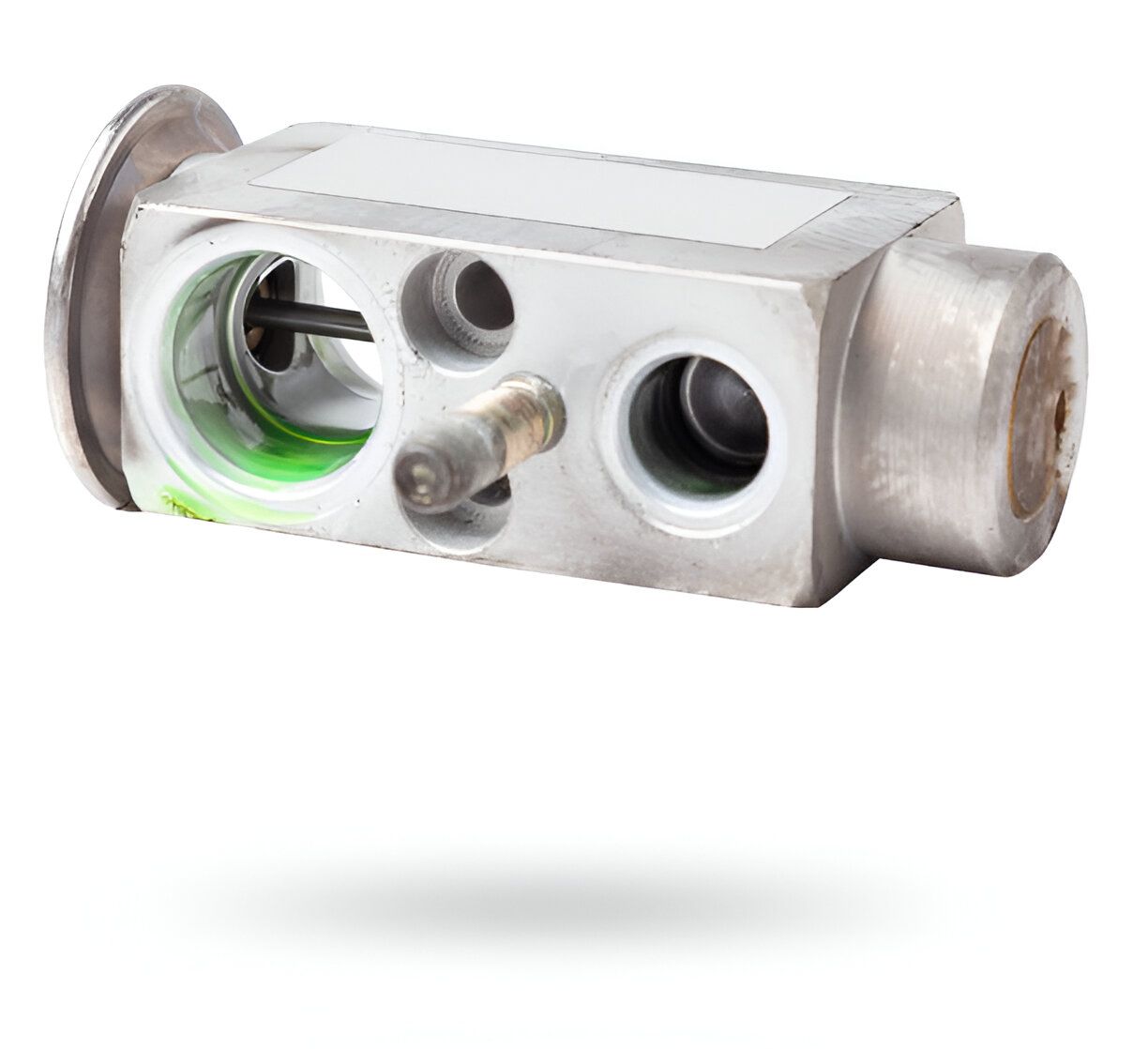What are the signs of a failing AC compressor?
An essential component of the vehicle’s air conditioning system is the AC compressor. The refrigerant gas cools down as a result of compression. The mechanism then circulates the cooled refrigerant, which releases cool air into the passenger compartment.
If your car’s AC compressor malfunctions, you’ll need to replace it to get your air conditioning back in working order. Although changing a car’s air conditioning compressor might be difficult, it can be done properly and with the help of professional car air conditioning.
To prevent a compressor from entirely failing, you must be able to recognise the early warning symptoms of an AC compressor failure.
The most common signs of a failing AC compressor and what you can do about it.
Signs of a failing AC compressor
Here are some of the most common signs of a failing AC compressor:
- Weak or no airflow from the vents: The compressor may be failing if the air conditioner in your automobile is blowing little to no air at all.
- Warm air coming from the vents: If the air conditioner in your automobile is spewing warm air, the compressor may not be operating correctly.
- Strange noises coming from the AC compressor: It may be an indication that the compressor is malfunctioning if you hear odd noises coming from the AC compressor, such as whining, grinding, or screeching.
- Leaks around the AC compressor: If there are any leaks near the AC compressor, there may be an issue with the compressor.
- Reduced fuel efficiency: The rapid drop in fuel economy of the automobile may indicate that the AC compressor is failing and consuming more gasoline than it should.
- Unpleasant smells coming from the AC vents: If you notice any unpleasant odours emanating from the AC vents, such as a burning or mouldy odour, it may indicate that the AC compressor is malfunctioning.
- The AC system takes longer than usual to cool down: This can indicate that the compressor isn’t operating as effectively as it needs to.
- The AC system only blows cold air when the car is moving: This could indicate that while the automobile is stopped, the compressor is unable to produce adequate pressure.
- The AC system only blows cold air when the engine is revving high: This can indicate that the engine isn’t providing the compressor with adequate power.
- The AC system turns on and off frequently: This can indicate that the compressor needs to cool off because it is becoming too hot.
- The AC system makes a clicking noise when it turns on: This can indicate that the compressor clutch is malfunctioning.
What to do if you suspect your AC compressor is failing
The best course of action, if people think that a car’s AC compressor is failing, is to get it checked out by a licenced mechanic and a trained AC air conditioning expert.
Here are some pointers for maintaining and replacing AC compressors:
- Have a trained mechanic test and maintain the AC system on a regular basis.
- According to the manufacturer’s guidelines, replace the AC refrigerant.
- Keep the AC vents clear of dirt and clean.
- When the automobile is parked in the sun, use a parasol to keep the interior cool.
- Do not always operate the air conditioning system at full blast.
- Keeping the car cool and comfortable for many years to come, may help your AC compressor last longer by following these guidelines.
It’s crucial to respond quickly if you detect any of the warning signals that an AC compressor is malfunctioning. You may avoid the inconvenience and cost of a significant repair by replacing the compressor before it breaks.





